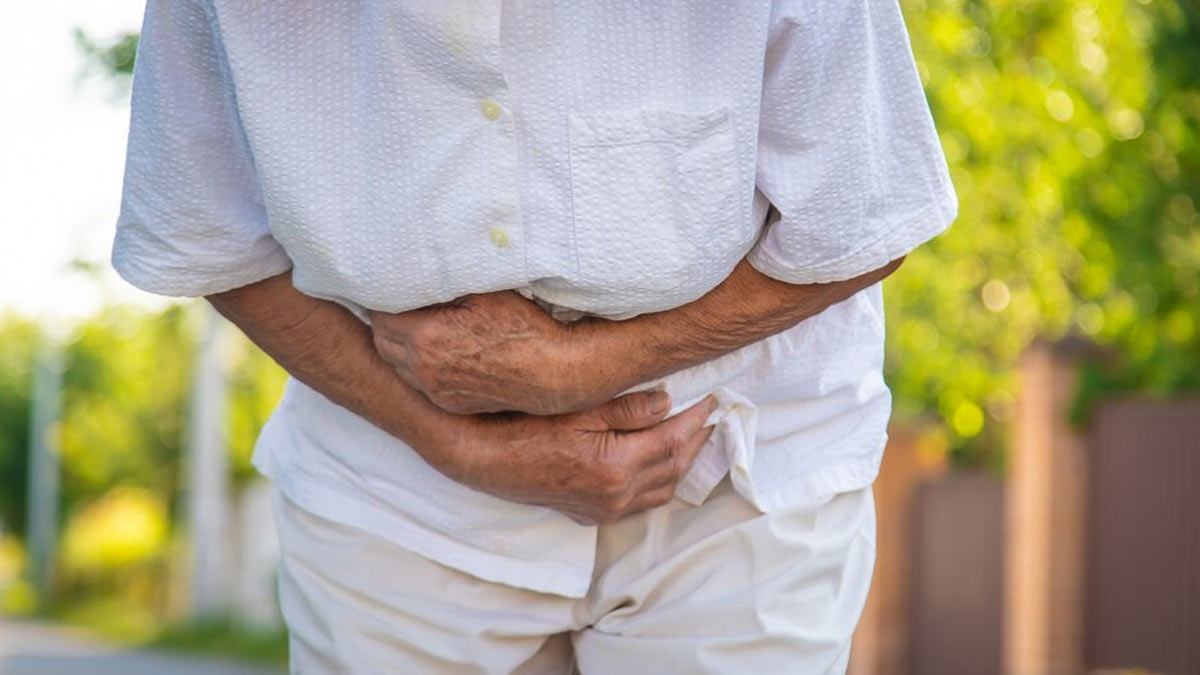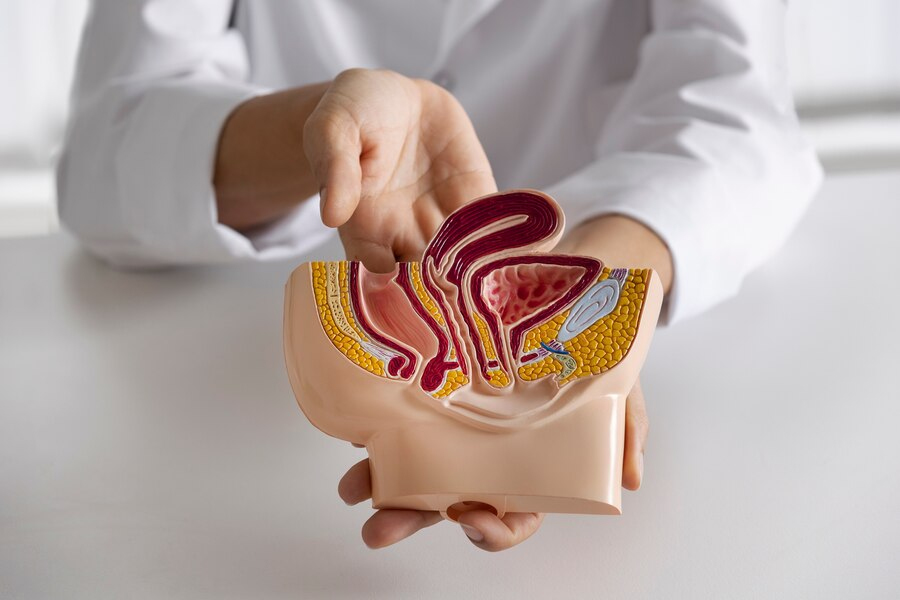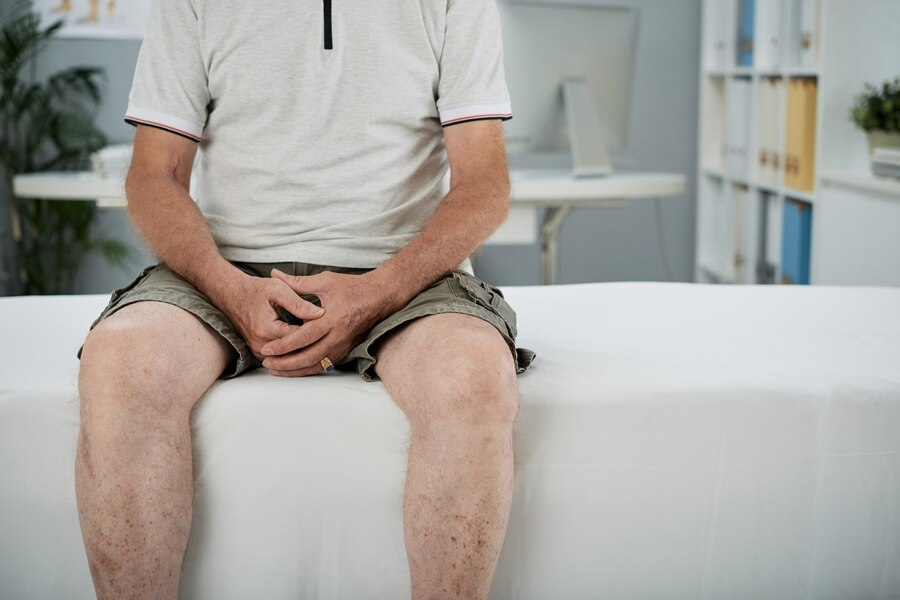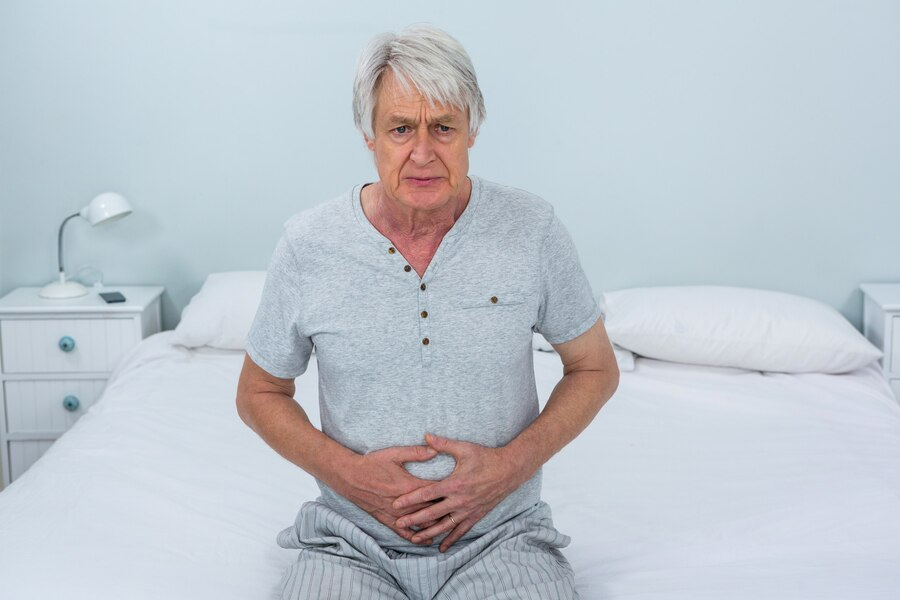
Your bladder is part of the urinary system, which removes waste from your blood in the form of urine. The walls of the organ are formed by detrusor muscle, which allows the bladder to contract to excrete urine or relax to hold urine. However, in some people, particularly older adults, this ability to voluntarily hold and release urine is lost. Many factors can contribute to it, says Dr P Vamshi Krishna, Senior Consultant - Urology, CARE Hospitals, Banjara Hills, Hyderabad, in an interaction with the OnlyMyHealth team. Listed below are some common reasons behind it.
Table of Content:-
Also Read: Signs You Have A Weak Bladder: Doctor Shares Ways To Treat It
What Causes Poor Bladder Control In Older Adults?

Here are some common causes of poor bladder control in older adults:
- Weak muscles in the bladder and pelvic floor may reduce the ability to control urination.
- Conditions such as diabetes, stroke, Parkinson’s disease, multiple sclerosis, and dementia
- Some medications commonly used by older adults, such as diuretics, sedatives, and certain blood pressure medications
- Hormonal changes, especially in women
- Prostate issues in men, including an enlarged prostate
- Mobility and dexterity issues make it difficult to move quickly to the bathroom.
What Is Urinary Incontinence?

Urinary incontinence refers to a condition in which a person loses the ability to hold their urine, which in turn results in involuntary leakage.
There are different types of urinary incontinence, each with its own unique causes, such as stress, an overdistended bladder, detrusor muscle overactivity, and certain environmental or physical barriers to toileting.
According to StatPearls Publishing, an estimated 42.3 crore people (20 years of age and older) worldwide experience some form of urinary incontinence. Women and older adults remain most at risk. In fact, the condition affects about 30% of older women and 15% of older men, the MSD Manual reports.
Some of the common symptoms of urinary incontinence include:
- A sudden, strong need to urinate
- Needing to urinate more often than usual
- Waking up multiple times during the night to urinate
- Involuntary loss of urine, especially during activities such as coughing, sneezing, or exercising
- Feeling that the bladder is not completely emptied after urination
Also Read: From Risk Factors To Treatment: Know All About Urinary Bladder Cancer
How To Strengthen Bladder Control In Older Adults?

Dr Krishna shares an extensive list of strategies that can help strengthen bladder control and avoid urinary incontinence in older adults. These include:
Exercises:
- Do kegel exercises and strengthen pelvic floor muscles by repeatedly contracting and relaxing them.
- Gradually increase the time between trips to the bathroom to train the bladder to hold urine longer.
- Identify and strengthen the correct muscles with the guidance of a therapist or specialised equipment.
Diet and lifestyle changes:
- Drink enough fluids to stay hydrated, but avoid excessive consumption of caffeinated or alcoholic beverages, which can irritate the bladder.
- Maintain a healthy weight to reduce pressure on the bladder.
- Limit your intake of spicy foods, acidic foods, and artificial sweeteners.
- Go to the bathroom at regular intervals to avoid accidents.
Medications:
- Anticholinergics: Help reduce bladder spasms.
- Beta-3 agonists help relax the bladder muscle.
- Topical oestrogen: In postmenopausal women, oestrogen creams may improve urinary symptoms.
Medical Devices and Procedures:
- Pessary: A device inserted into the vagina to support the bladder (for women).
- Botox injections can help relax the bladder muscle in cases of overactive bladder.
- Surgery: Procedures like sling surgery or bladder neck suspension may be considered in severe cases.
[Disclaimer: This article contains information provided by an expert and is for informational purposes only. Hence, we advise you to consult your doctor if you are dealing with any health issues to get the necessary treatment.]
Also watch this video
How we keep this article up to date:
We work with experts and keep a close eye on the latest in health and wellness. Whenever there is a new research or helpful information, we update our articles with accurate and useful advice.
Current Version
